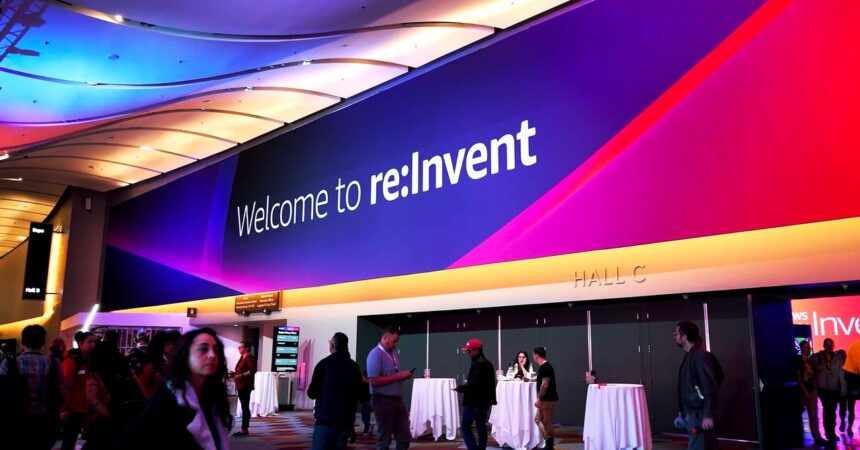Q uses a range of different artificial intelligence models under the hood, including Amazon’s own Titan large language model and LLMs built by Cohere and Anthropic, two well-funded startups competing with OpenAI.
Selipsky points to OpenAI’s near–implosion last week to make the case for companies diversifying their AI providers. “You need not look any further than the events of the past ten days to understand how there will not be one model to rule them all,” he told WIRED ahead of today’s announcement.
When a person sends a query to Q it can answer it using a specific model chosen by a company, or let Q automatically route the question to the best system, although the company isn’t sharing how. The latter is “more cost-efficient, but also flat out more effective,” Selipsky says.
Since ChatGPT prompted the tech industry to ramp up its investments in AI after its launch last November, Amazon has not led the pack of tech giants trying to compete with OpenAI. Microsoft rapidly added generative AI to its search engine Bing and is now rolling out its Copilot AI assistant throughout its products, thanks to a partnership with OpenAI that saw Microsoft pledge $13 billion in investment into the startup. Google has pivoted to developing and deploying generative AI technology it had previously held back from public release across a wide range of offerings with a new sense of urgency.
OpenAI’s rapid rise appeared to contribute to a crisis at the company last week, when the company’s nonprofit board fired CEO Sam Altman on November 17. After a chaotic few days in which Altman agreed to join Microsoft and most of OpenAI’s staff threatened to quit, Altman finally negotiated a return. As part of the deal, OpenAI replaced all but one of its directors, did not return Altman to his board seat, and will commission an independent investigation into his conduct.
Selipsky hopes Amazon’s slower-and-steadier approach will appeal to its cloud computing customers, especially those wary of the shortcomings of ChatGPT-style chatbots, such as the way they “hallucinate” information and can capture or repeat private information. With more than 30 percent of the US cloud market, more than any other company, AWS has plenty of potential customers for Q and other AI offerings. Selipsky says there has been a huge amount of inbound demand.
By Wired, November 28, 2023












